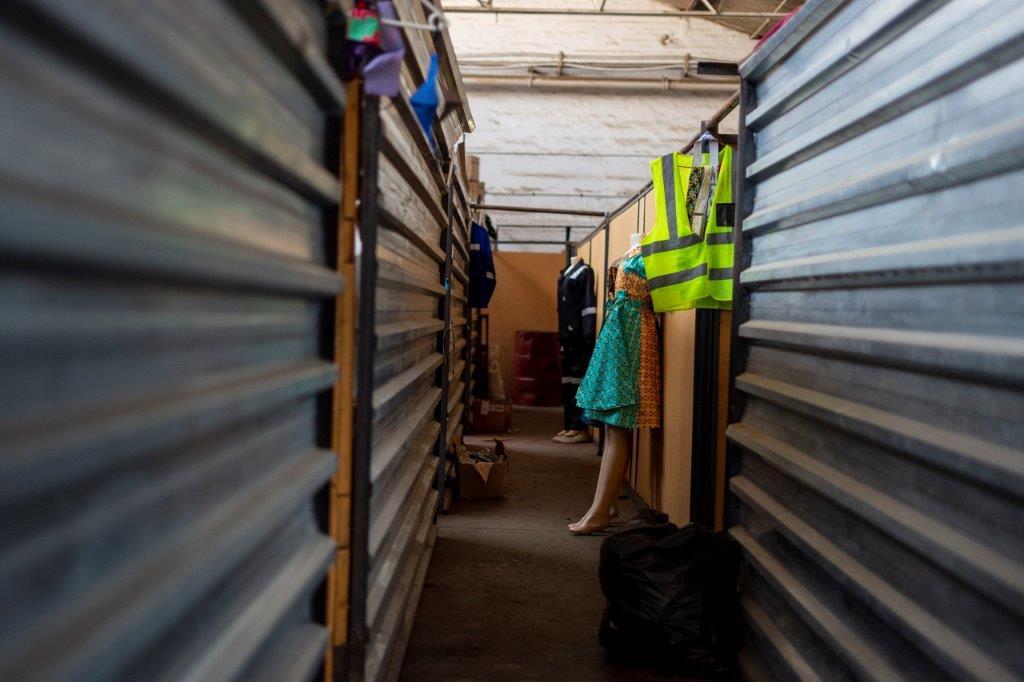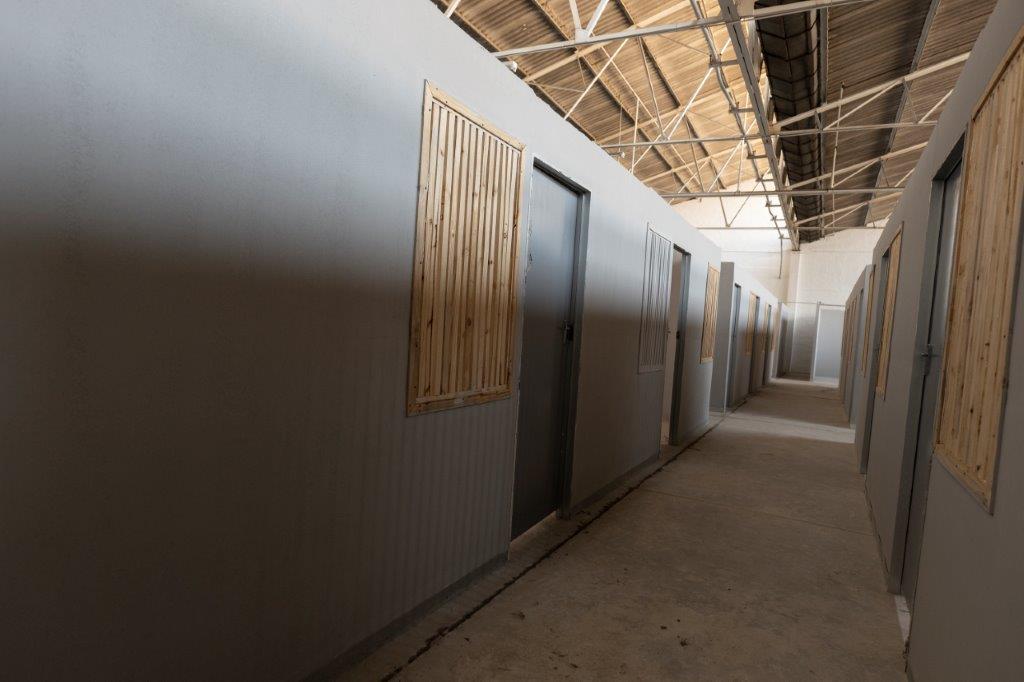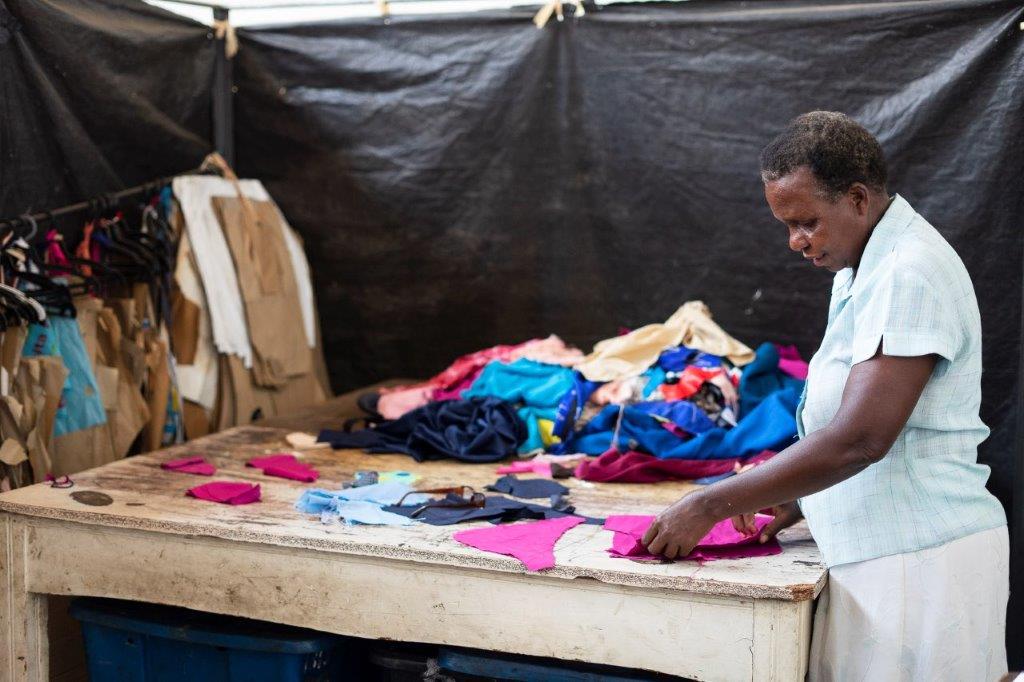|
Getting your Trinity Audio player ready…
|
The launch of the Metro Mini Factories Centre in Bulawayo is slated for 3 December 2021 with stakeholders to be drawn from the International Labour Organisation (ILO); the Ministry of Women Affairs, Community Small and Medium Enterprises Development; the Bulawayo Chamber of SMEs; Bulawayo City Council; and the National Nocial Security Authority (NSSA) with a view of showcasing the benefits of transitioning from informal to formal operations.
This is part of the Employment Promotion and Labour Market Governance Programme – a partnership of the Government of Zimbabwe, Employers Confederation of Zimbabwe, and the Zimbabwe Congress of Trade Unions that ran from February 2019 to August 2021.
Speaking to journalists who toured the centre last week, Fortune Sithole, the ILO Zimbabwe Programme Assistant said the initiative contributed to the implementation of the draft Zimbabwe Decent Work Country Programme, particularly focusing on two priority areas on: firstly, employment promotion by supporting the formulation of a comprehensive national employment policy and mainstreaming employment targets into policies and programmes.
The programme contributed to efforts towards addressing the challenge of the growing informal economy, through building and sharing knowledge on the conceptual framework to better understand and account for informality and how to promote and create more and better jobs in Zimbabwe. In addition, the programme contributed to the development of evidence based, gender responsive and non-discriminatory legislation, policies and strategies for facilitating the transition to formality. Some pilot formalisation interventions were also rolled out as a way to demonstrate ‘’what-works’’.
Overall, the programme contributed to the country’s efforts to advance towards the attainment of SDG 8 targets, especially supporting full and productive employment and decent work for all women and men, including for young people; encouraging formalization and growth of micro-, small- and medium-sized enterprises and protecting labour rights for safe and secure working environments of all workers.
Workers who used the previous centre endured a plethora of challenges including exposure to the vagaries of climate change like wind that often carried away the makeshift corrugated iron sheets roofing and plastics.

“Clients who visited this place had no respect for us. We were considered more like traders in second-hand products. The customers insisted on us charging low prices because we were operating from makeshift workplaces. It’s like someone going to buy products from Renkini in Bulawayo or Mupedzanhamo in Harare. A customer can’t be expected to pay the same amount of money for a similar shirt sold either at Mupedzanhamo or Edgars Stores.
“Zimbabwean customers are sophisticated. they understand that overhead costs for one operating from a form workspace asre higher than those from makeshift workstations. They consider costs relating to water, electricity, rentals, and proper documentation hence they will be willing to pay a higher price for such,” Tinarwo Moyo, an aluminium fabricator working from the refurbished site told Spiked Online Media.
The new centre is a result of the intervention that supported Zimbabwe’s efforts to facilitate the transition of workers and economic units from the informal to the formal economy, while deepening the respect for workers’ fundamental rights and ensuring opportunities for income security, livelihoods and entrepreneurship.

The intervention also contributed to the broader efforts to promote the creation, preservation and sustainability of enterprises and decent jobs in the formal economy and the coherence of macroeconomic, employment, social protection and other social policies. This was an opportune time as Zimbabwe was moving towards developing a new formalization strategy, a new national employment policy and a new national development strategy to succeed the Transitional Stabilization Plan (TSP).
Coustin Ngwenya, the Chairman of Bulawayo Chamber of SMEs said the journey to formalisation strategy had indeed created a conducive working environment for informal sector workers as evidenced by the influx of more customers to the newly refurbished cite.
He said subscriber contributions had increased and there was an increase in employment creation the workers working formally were receiving more orders for goods from establsihed individuals and comapnies.
The programme rolled out the “Start and Improve Your Business (SIYB)” training programme targeting the informal economy. More than 2000 entrepreneurs face to face; via WhatsApp and on national radio. Informal micro – enterprises also received trainings on COVID-19, strategies to reduce risk and to operate businesses during the crisis. This entailed re-purposing and organizing their workplaces to ensure social distancing, temperature checks, encouraging wearing of masks and sanitizing hands. Support also includes the provision of materials to use (masks etc.). Businesses were also trained other aspects of occupational health and safety and productivity beyond COVID-19. Business management training was also provided some face to face weeks before the first confirmed case and then subsequently online after outbreak.
